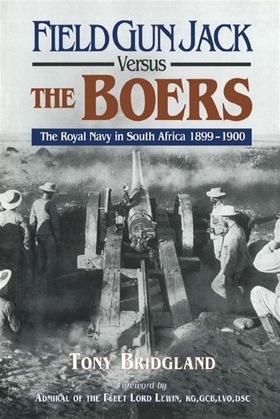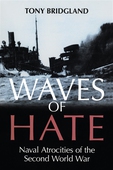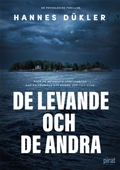
Lägg till önskelistan
Field Gun Jack Versus The Boers e-bok
Pris
115 kr
War broke out in 1899 between the British and South African settlers of Dutch descent, the Boers, or Afrikaners as they are usually called today. Despite previous clashes, the British seriously underestimated their opponents. Although dressed in battered civilian clothes and made up entirely of volunteers, Boer troops were all mounted on horses and had very up-to-date German rifles.
An even more unpleasant surprise than the mounted riflemen were the Boer artillery units. They were the only Bo...
E-Bok
115 kr
Pris
Förlag
Pen and Sword
Utgiven
27 Februari 2021
Längd
272 sidor
Genrer
Historia & Arkeologi, Fackböcker
Språk
English
Format
epub
Kopieringsskydd
Vattenmärkt
ISBN
9781473814035
War broke out in 1899 between the British and South African settlers of Dutch descent, the Boers, or Afrikaners as they are usually called today. Despite previous clashes, the British seriously underestimated their opponents. Although dressed in battered civilian clothes and made up entirely of volunteers, Boer troops were all mounted on horses and had very up-to-date German rifles.
An even more unpleasant surprise than the mounted riflemen were the Boer artillery units. They were the only Boer troops to wear uniforms, were organized on a full-time basis, and were equipped with excellent German field pieces. The British artillery soon found itself out-gunned and out-ranged.
Some British officers, however, were capable of adapting to the new conditions in South Africa. Royal Naval vessels anchored off the Cape had powerful, long-range cannons. It was decided to try bringing these guns ashore and mounting them on improvised carriages for field use. Naval infantry brigades had served in some previous campaigns, and proved capable of accompanying the army as gun crews, their straw hats and naval leggings identifiable in many wartime photographs.
Although they were depicted in many wartime drawings and photographs, no serious study of the naval artillery has ever been done. Tony Bridgland has spent many years researching the topic and has produced a study of the technical problems involved in this unique operation, as well as a colourful narrative of naval personnel pressed into hazardous service far from the sea.





